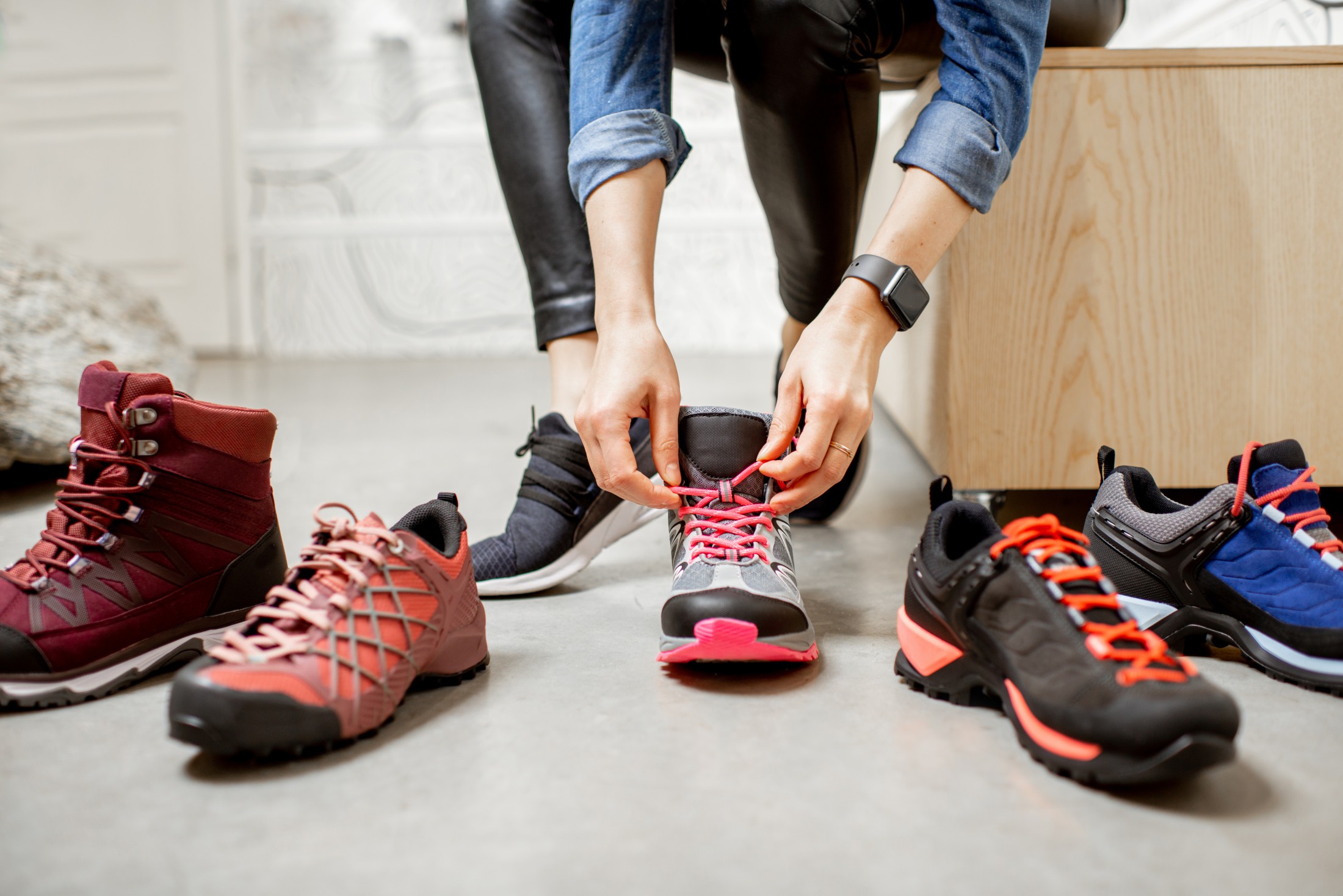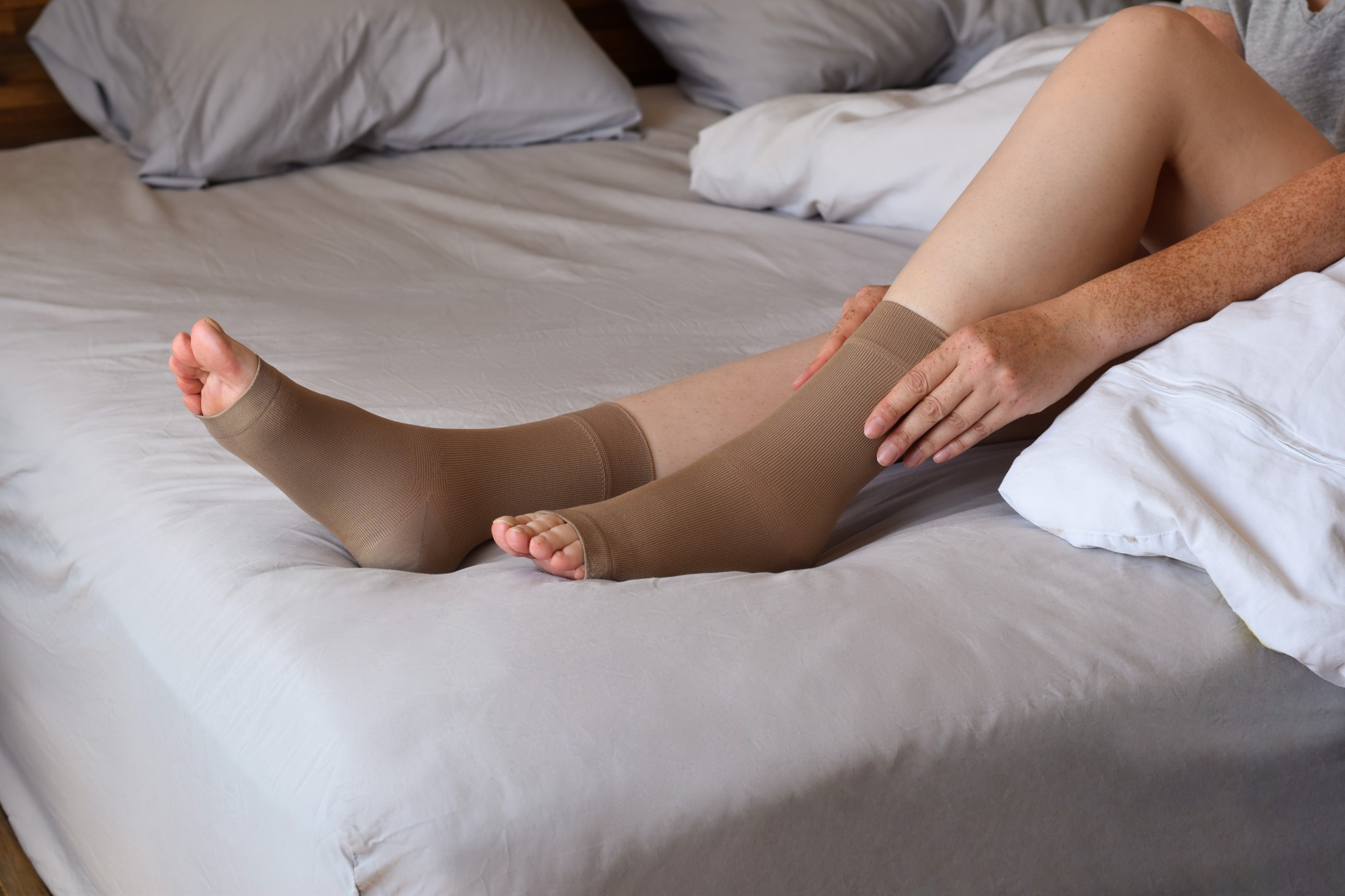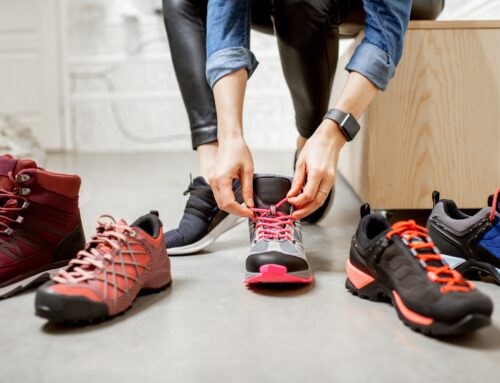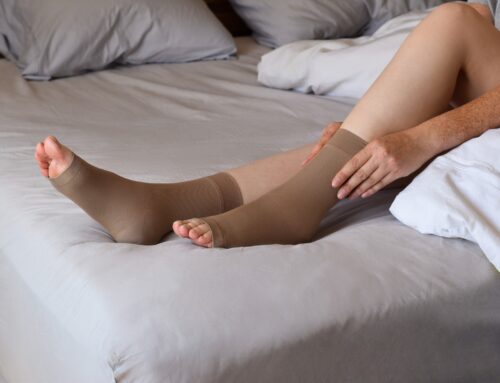Braces are often an important part of recovery and long-term support, helping to improve comfort, stability, and mobility. Along with those benefits, it’s common to notice some skin irritation where the brace touches the skin. Redness, itching, or mild chafing may develop after hours of wear, which can feel discouraging when the goal is to provide relief.
Fortunately, skin irritation from body braces is usually minor and manageable. With a few simple adjustments, most people can prevent discomfort and enjoy the support their brace is meant to provide.
Why Braces Can Cause Skin Irritation
It’s very common to experience a bit of irritation when first wearing a brace, and most of the time it’s not a cause for concern. Because a brace sits directly on the skin for long stretches, it changes how your skin breathes and moves. A few factors in particular tend to trigger irritation:
Friction and rubbing
Even when a brace is properly fitted, it doesn’t stay perfectly still as you walk, bend, or shift positions. Those small movements create constant rubbing against the skin. Over time, this friction can cause redness, chafing, or sore spots in areas where the brace presses more firmly.
Moisture from sweat
Braces cover the skin closely, which means sweat has fewer places to escape. When moisture gets trapped, it softens the skin, making it more vulnerable to irritation or even rashes. Active days, warm weather, or longer wear times can make this effect more noticeable.
Heat and poor air circulation
Since body braces are built for stability rather than ventilation, they tend to hold in body heat. Warm, enclosed areas are more likely to feel itchy or uncomfortable, and in some cases may lead to heat rash. Skin in these areas often becomes more sensitive the longer it stays covered.
Material sensitivities
Skin can sometimes react to the brace itself. Materials like latex, neoprene, foam, or certain fabrics may cause itching or small allergic reactions in sensitive individuals. Even adhesives or dyes in the brace lining can contribute to skin irritation. The reaction usually shows up as redness, bumps, or an itchy rash right where the brace contacts the skin.
Pressure points
Some braces put more pressure on certain areas of the body to provide proper support. These pressure points can leave the skin feeling tender or create small sore spots if not padded correctly.
The important thing to remember is that these issues are normal and usually easy to manage. With small adjustments, like improving the fit, adding a soft liner, or caring for your skin daily, most people find that irritation is temporary and doesn’t interfere with the benefits of wearing a brace.
Easy Tips to Prevent Skin Irritation
Most skin irritation from braces can be avoided with a few simple habits. The goal is to keep your skin protected, your brace well-fitted, and your daily routine as comfortable as possible. These tips are easy to follow and make a big difference in how your skin feels day to day.
Choose the Right Fit
A brace that feels too tight can cut into the skin, leaving marks or sore spots. On the other hand, one that’s too loose may slide around and cause more friction. A proper fit strikes the balance between support and comfort.
If you’re unsure, ask your healthcare provider or orthotist to check the fit, sometimes even small strap adjustments or adding extra padding can reduce skin irritation dramatically. Remember that swelling in the body can change throughout the day, so a brace that feels fine in the morning may need a small adjustment later.
Keep Skin Clean and Dry
Clean skin is less likely to become irritated. Before putting on your brace, wash the area with lukewarm water and a gentle, fragrance-free cleanser. Harsh soaps or scented body washes can strip the skin or leave behind residue that reacts under the brace. Always pat the skin dry rather than rubbing, since rubbing can increase sensitivity.
If you’re prone to sweating, carrying a soft cloth or gentle wipes can help freshen the skin during the day before putting the brace back on.
Use a Soft Barrier
A thin layer of fabric can protect the skin from direct contact with the brace. Moisture-wicking sleeves, breathable liners, or even a soft cotton layer work well to absorb sweat and reduce friction.
Specialty brace sleeves are available, but everyday fabrics like seamless cotton or bamboo can also help. Make sure the barrier is smooth and not bunched up, folds in fabric can actually increase rubbing.
Moisturize
Healthy skin is less prone to irritation, and moisturizing helps maintain a strong barrier. The key is to use a lightweight, non-greasy lotion and apply it after removing your brace, ideally at night.
Applying thick creams right before wearing a brace can trap heat and moisture, which increases skin irritation. Ingredients like aloe vera or ceramides can help calm skin without leaving a heavy residue.
Take Breaks if Possible
If your treatment plan allows it, remove your brace periodically throughout the day. Even a short break can give your skin a chance to breathe, cool down, and dry out. This is especially helpful after physical activity or on hot days. During breaks, gently check your skin for early signs of redness so you can address irritation before it worsens.
Check and Rotate Contact Points
If your brace has adjustable straps, try rotating where they sit slightly each time you wear it. This spreads out pressure and reduces repeated stress on the exact same spot of skin. Small shifts in placement can prevent hot spots from forming.
Stay Aware of Seasonal Changes
In warmer weather, extra sweat may increase irritation, while in winter, dry skin can become more fragile under a brace. Adjusting your routine, like using a breathable liner in summer and a richer moisturizer in winter, helps keep skin resilient year-round.
What to Do If Skin Irritation Happens
Even with the best prevention, a little skin irritation can still happen. The important thing is to respond early and gently, so the irritation doesn’t have a chance to worsen.
Keep the area clean and dry
Wash the irritated skin with lukewarm water and a mild, fragrance-free soap. Pat the area dry with a soft towel rather than rubbing, which can further inflame the skin.
If you’re away from home, carrying gentle wipes or a clean cloth can help until you’re able to wash properly. Keeping the area dry also means avoiding heavy bandages or thick creams that trap moisture against the skin.
Resist the urge to scratch
Itching is one of the most frustrating parts of skin irritation, but scratching can break the skin and lead to infection. If the area feels itchy, try gently pressing a cool compress against the skin instead. Some people also find relief by lightly tapping around the irritated spot rather than scratching directly.
Soothe with gentle care
A light, calming lotion can help reduce discomfort, especially if it contains soothing ingredients like aloe vera, chamomile, or oat extract. Natural gels such as pure aloe vera are cooling and quick to absorb without leaving a greasy layer.
Avoid products with heavy fragrances, alcohol, or petroleum bases, as these may clog pores or increase irritation when the brace is reapplied
Give your skin a short break
If your treatment plan allows it, take the brace off for a short period to let your skin breathe. During this time, check for signs of redness or pressure marks and allow the skin to cool down. Even ten minutes of fresh air can make a noticeable difference.
Adjust the brace if needed
Sometimes irritation happens because the brace has shifted or straps are pressing too tightly. Repositioning straps, loosening slightly (without compromising support), or adding a soft fabric barrier can help reduce pressure in sensitive areas.
Know when to get help
If irritation worsens, such as spreading redness, painful rashes, blistering, or open sores, it’s best to consult a healthcare professional. They can check for infection, recommend topical treatments, or suggest adjustments like different liners or hypoallergenic materials.
When to See a Professional
Most skin irritation from braces is minor and improves with simple care. But sometimes it’s important to get professional help. You should reach out to your healthcare provider if you notice any of the following:
- Persistent redness or worsening skin irritation that doesn’t fade after a day or two
- Open sores or broken skin under or around the brace
- Spreading rash that becomes more uncomfortable over time
- Pain that doesn’t improve, even after adjusting how you wear the brace
- Signs of an allergic reaction, such as itching, swelling, or hives
These situations don’t necessarily mean you need to stop using your brace, but they do require extra care. A professional can check the fit, suggest adjustments, or recommend alternative materials and liners to keep your skin protected.
If irritation continues or you’re concerned about the way your brace feels, book an appointment with Care-Med. Our team can assess your brace, make adjustments, or provide recommendations to keep you comfortable and supported.
Making Body Braces More Comfortable
Wearing a brace shouldn’t mean putting up with constant skin irritation. With a few simple daily care steps like keeping skin clean, using a soft barrier, and choosing the right fit, most people can stay comfortable and avoid problems altogether.
Body braces are meant to support your recovery and mobility, not create new challenges. Paying a little extra attention to your skin can make brace use a much more positive experience.
If irritation continues or you’re struggling with comfort, you don’t have to manage it on your own. Care-Med can help with professional fittings, adjustments, and supportive solutions to make sure your brace works for you.
You can reach us by email or call us directly at 416-782-5353. Our team will be happy to answer your questions and help you find the right solution.
Share This Story, Choose Your Platform!
Table of Contents
We specialize in orthotics, body braces, and compression wear tailored to your unique needs in Toronto. Reach out to us at info@caremed.care or call 416-782-5353 to book your fitting and consultation.
Experience the difference of customized solutions designed just for you.











